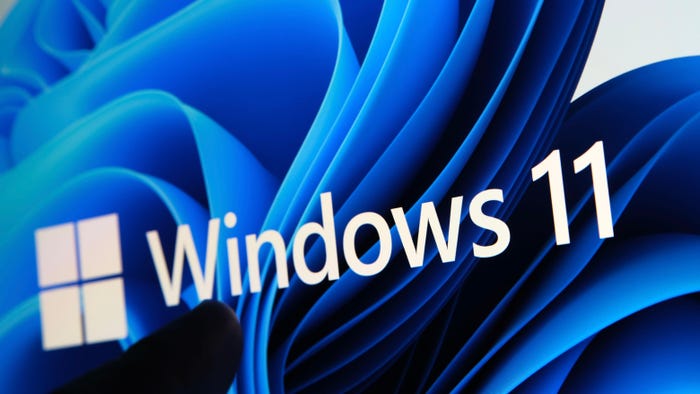Mocana Joins Silicon Vendors to Protect the Internet of Things
Industrial IoT Security Leader to Support Platform Security Architecture from Arm.
October 24, 2017

PRESS RELEASE
San Francisco, CA– Mocana, a provider of IoT security solutions for industrial control systems and the Internet of Things (IoT), announced that it will support the new Platform Security Architecture (PSA) framework from Arm, a set of threat models and security analyses, together with common hardware and software architectural specifications, for connected devices. The Arm architecture is used in more than 100 billion silicon chips embedded within smartphones, supercomputers, medical instruments, agricultural sensors, and servers. Mocana was recently recognized as the leading provider of industrial IoT security platforms for industrial manufacturing and automation by Frost & Sullivan. Together, the companies will help silicon vendors and OEMs to accelerate the development of more secure systems for the IoT and the Industrial IoT (IIoT).
Mocana’s IoT Security Platform is a cybersecurity software solution that allows applications to leverage hardware and software-based cryptographic controls within embedded systems. The software is optimized for resource-constrained devices with limited memory and processing power. Mocana’s software is typically compiled as part of an application installed on a microchip or microprocessor board within a larger device or machine. This cryptographic software is already integrated with Arm Cortex®-A, Cortex-R and Cortex-M processors, and the security software is integrated with more than 70 chipsets, most of which are Arm-based, and 30 real-time operating systems.
"As the Internet of Things scales, we will see billions of devices connected to the Internet and industrial networks," said Dean Weber, CTO of Mocana. "Making sure devices are truly trustworthy takes cooperation across the entire technology ecosystem, including the chip designers, silicon vendors, hardware, software and cloud providers. Mocana is pleased to support PSA to help the industry standardize on a model for embedded security."
Mocana is supporting PSA and SoCs with Arm TrustZone® security technology. Mocana provides a non-open source software solution for IoT and embedded devices used in industrial, automotive, medical, aerospace, and many critical infrastructure sectors. Built for mission-critical applications, Mocana’s cryptographic engine is compliant with cybersecurity standards NIST FIPS 140-2, IEC 62443-3-3. The solution provides certificate-based authentication, secure boot verification, secure over-the-air (OTA) updates and advanced trust chaining integrated with hardware secure elements such as TrustZone and TPM.
"Connected devices are being deployed at a rapid pace and to truly realize the benefits of these technologies, which have potentially life-changing implications, security can no longer be optional," said Paul Williamson, vice president and general manager, IoT Device IP, Arm. "This is a shared industry responsibility, which is why Arm is working with partners including Mocana to shift the economics of security by providing a common framework for building more secure connected devices through PSA."
For silicon vendors and original equipment manufacturers (OEMs) building IoT and IIoT devices, Mocana supports a comprehensive set of secure communications and messaging protocols, including: X.509, OCSP, SCEP, TCP/IP, TLS/SSL, DTLS, SSH, IPsec/IKE, wireless (802.11i), multicast, OPC UA, MQTT, DDS, AMQP, Modbus, DNP3, and BACNet.
Silicon vendors and OEMs interested in learning more about Mocana’s solutions and support of Arm PSA should visit Mocana at Arm Techcon, October 24 to 27 at the Santa Clara Convention Center.
You May Also Like
Catch the Threat Before it Catches you: Proactive Ransomware Defense
September 5, 2024How to Evaluate Hybrid-Cloud Network Policies and Enhance Security
September 18, 2024DORA and PCI DSS 4.0: Scale Your Mainframe Security Strategy Among Evolving Regulations
September 26, 2024Harnessing the Power of Automation to Boost Enterprise Cybersecurity
October 3, 2024
[Virtual Event] The Essential Guide to Cloud Management
October 17, 2024Black Hat Europe - December 9-12 - Learn More
December 10, 2024SecTor - Canada's IT Security Conference Oct 22-24 - Learn More
October 22, 2024

_Tero_Vesalainen_Alamy.jpg?width=700&auto=webp&quality=80&disable=upscale)
